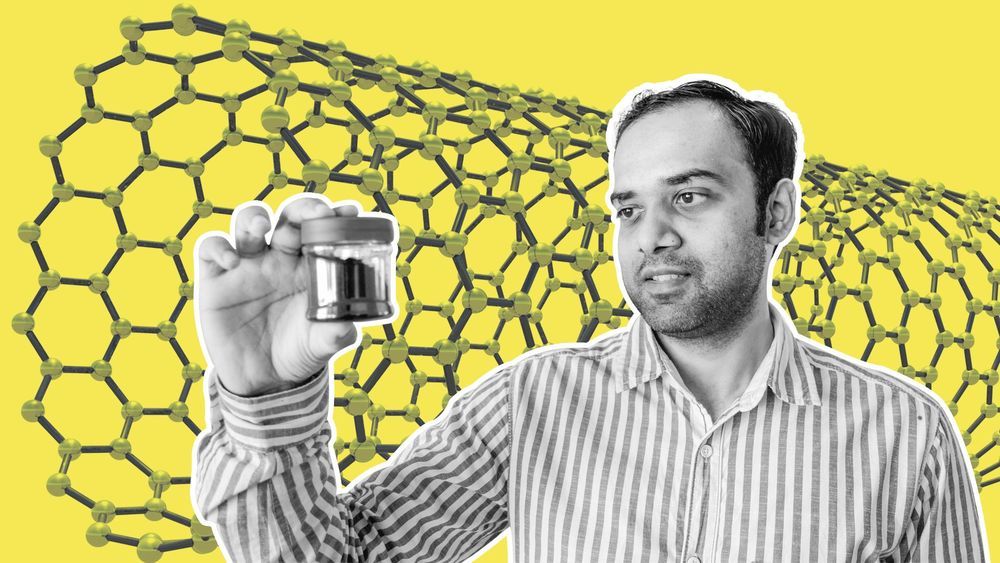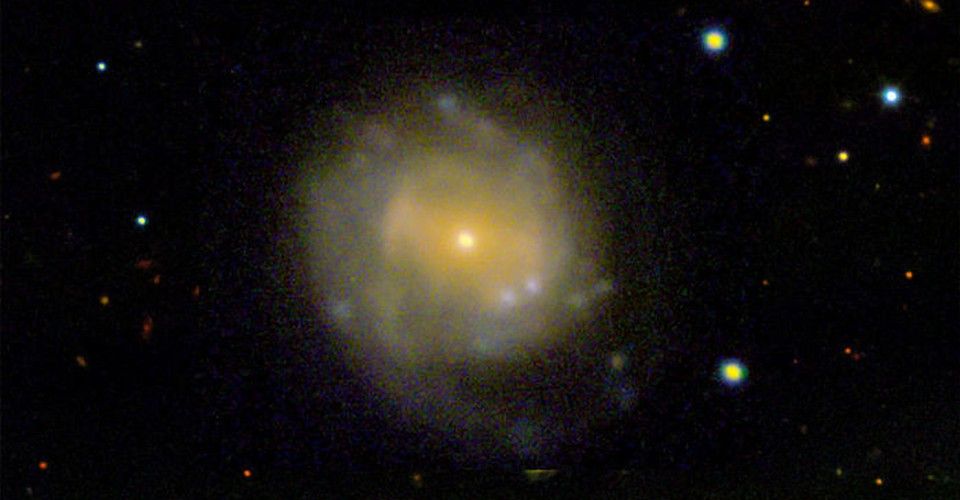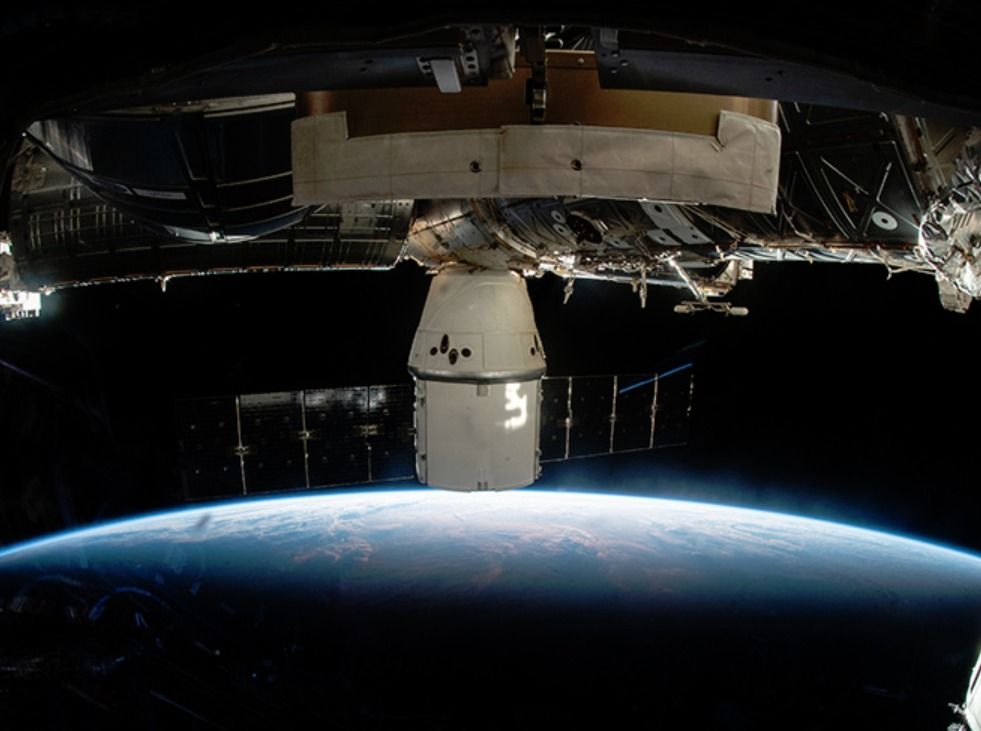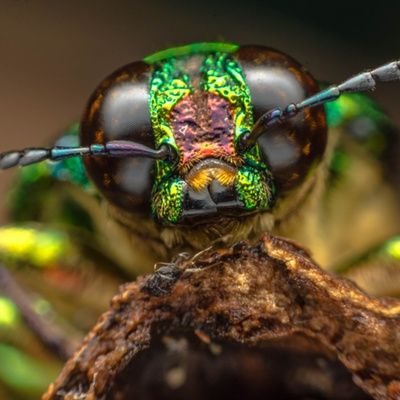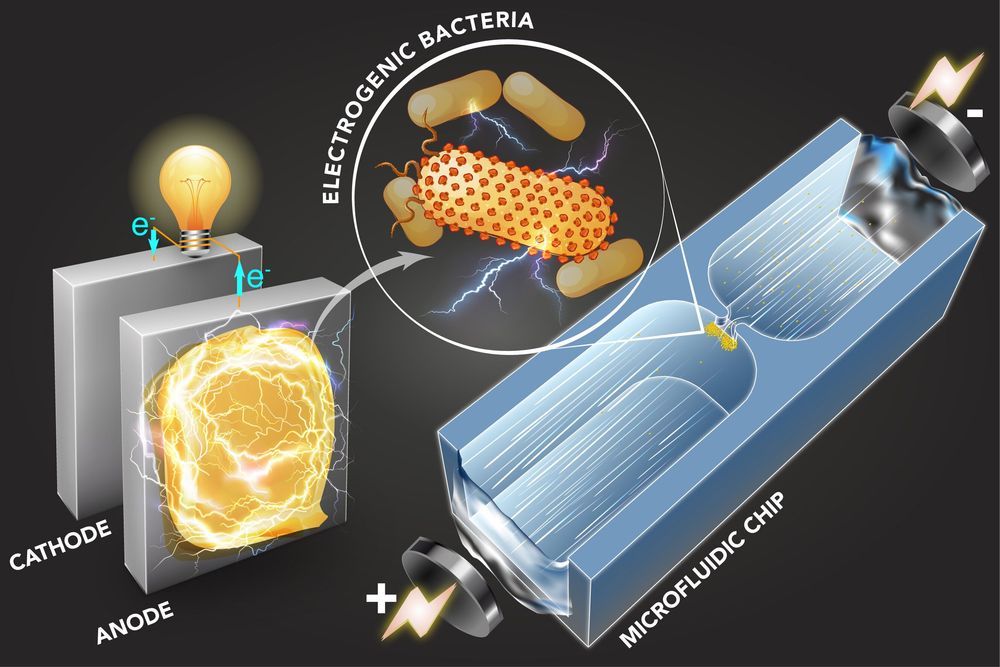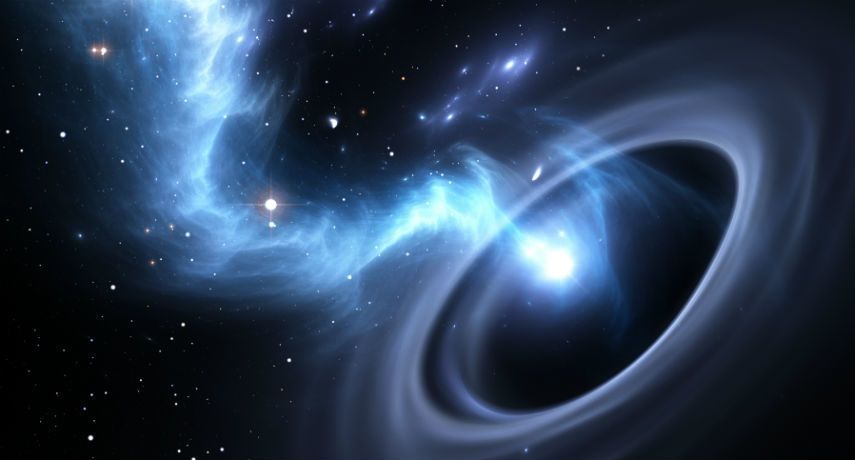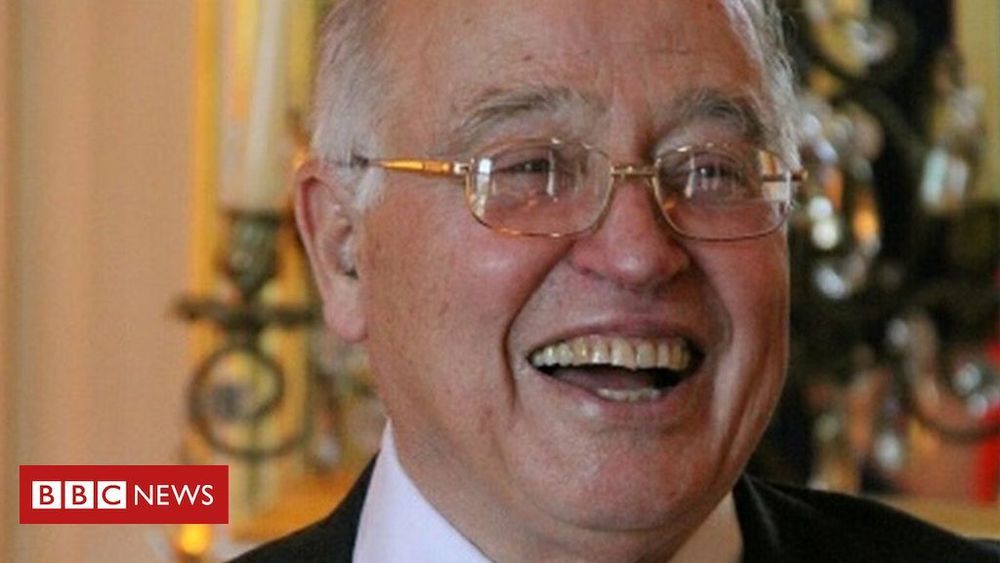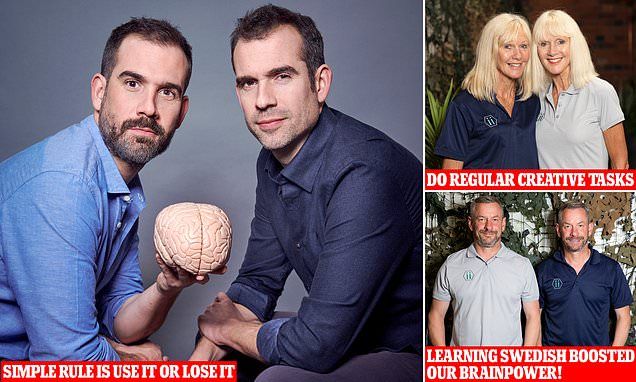Jan 13, 2019
A Bengaluru startup’s small step to Mars could be a big leap for nanomaterials
Posted by Klaus Baldauf in categories: nanotechnology, space travel
Ever since he was a young boy growing up in Bengaluru, the city home to India’s space research organisation, he dreamt of going to space one day. Now he wants to be the first human on Mars.
One would expect him to train to be an astronaut or dismiss the idea altogether. But that’s not how he plans to get to the red planet.
Meet Gadhadar Reddy, a nano-technologist from Bengaluru, who might just get to live his dream someday in the near future thanks to a new material his company is manufacturing.
